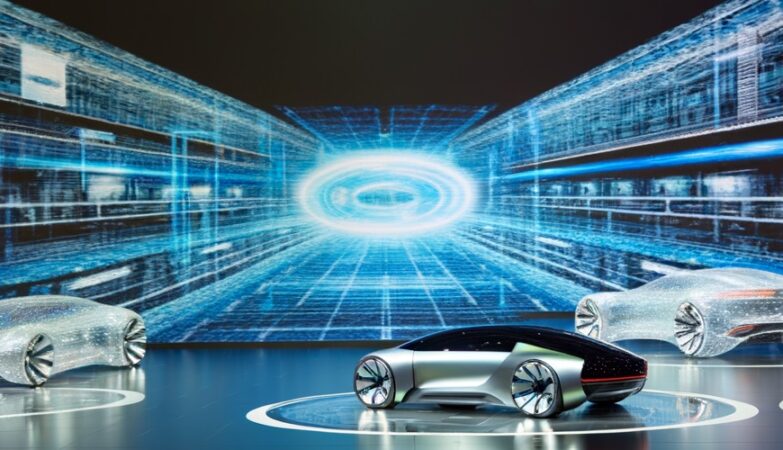Automotive industry has been instrumental in shaping the modern world we live in. From the invention of the first automobile by Karl Benz in 1886 to the self-driving cars of today, automobiles have consistently pushed the boundaries of innovation and technology.
Automotive industry is a vast and complex sector that includes the design, development, manufacturing, marketing and sale of motor vehicles. It involves a wide range of companies and professionals, from car manufacturers to suppliers of components and parts, as well as dealerships and repair shops.
One of the key aspects of the automotive industry is its contribution to the global economy. It is one of the largest industries in the world, employing millions of people and generating billions of dollars in revenue. The industry also has a significant impact on other sectors, such as oil and gas, steel, and transportation.
Moreover, the automotive industry plays a crucial role in transportation and mobility. Cars, trucks, buses and motorcycles are essential for commuting, transporting goods and people, and enabling access to education, healthcare and other services. They provide a means of freedom and independence, allowing individuals to travel long distances and explore new places.
In recent years, there has been a growing concern about the environmental impact of automobiles. The burning of fossil fuels in car engines is a major source of air pollution and greenhouse gas emissions, contributing to climate change and respiratory diseases. As a result, car manufacturers are increasingly focusing on developing electric and hybrid vehicles that are more environmentally friendly and sustainable.
Furthermore, the automotive industry is at the forefront of technological advancements. From the introduction of safety features like seatbelts and airbags, to the integration of digital technology such as infotainment systems and advanced driver assistance systems, cars have become more sophisticated and intelligent. The emergence of autonomous vehicles, which can operate without human intervention, is a testament to the rapid progress of automotive technology.
The automotive industry also plays a vital role in research and development. Car manufacturers invest heavily in innovative technologies and materials, such as lightweight materials and alternative fuels, to improve fuel efficiency and reduce emissions. They collaborate with universities and research institutions to stay at the cutting edge of automotive engineering and design.
In addition, the automotive industry has a significant impact on culture and society. Cars have become symbols of status, wealth and personal identity. They have influenced popular culture, appearing in movies, music and literature. Automobile racing, such as Formula 1 and NASCAR, has become a global phenomenon, attracting millions of fans and showcasing cutting-edge automotive technology.
Despite the challenges and controversies, the automotive industry remains a vital part of our lives. It continues to evolve and adapt to meet the changing needs and expectations of consumers. From small compact cars to luxurious SUVs, there is a wide range of vehicles available to suit different preferences and lifestyles.
In conclusion, the automotive industry is a dynamic and influential sector that encompasses various aspects of our lives. It plays a crucial role in the global economy, transportation, technology, and culture. As the industry continues to evolve, it will continue to shape the future of mobility and drive innovation in the years to come.







